UN, international aid agencies warn US against plan to blacklist Yemen’s Ansarullah
The United Nations and international aid agencies have warned the United States against its plan to label Yemen’s popular Houthi Ansarullah movement as a foreign terrorist organization, raising concerns that such a move would prevent life-saving aid reaching the war-wracked country and would derail a related $700 million aid program.
David Beasley, executive director of the UN's World Food Programme (WFP), told the Washington Post daily newspaper earlier this week that the designation could hamper aid deliveries.
Beasley’s warning came after he had a meeting with US Secretary of State Mike Pompeo, where he expressed “grave concerns” about the blacklisting of Ansarullah.
“WFP is deeply concerned about the potential impact of a decision by the US to designate Ansarullah as a foreign terrorist organization,” an unnamed WFP spokesperson said.
“It would heighten the gravity of an already severe humanitarian crisis in Yemen,” the spokesperson added.
The WFP chief later met with US Republican Senator Todd Young, who along with fellow Senators Chris Coons and Chris Murphy advised Pompeo not to take the measure against the popular Yemeni movement.
The United Nations Children's Fund (UNICEF) also expressed alarm at the potential move.
“Like all humanitarian organizations operating on the ground, UNICEF would be deeply concerned about any decisions that could compromise the safety of our teams and their efforts to assist vulnerable children and families,” a spokesman for the UN agency responsible for providing humanitarian and developmental aid to children worldwide said.
Moreover, Scott Paul, the humanitarian policy lead at Oxfam America, warned that Ansarullah’s terrorist designation would create a situation in which all aid work in Yemen would be criminalized, and no licenses or authorizations for aid work would be available.
Paul underscored that the US government's failure to issue licenses for humanitarian assistance to Somalia in 2011 led up to a famine that took the lives of a quarter-million people in the Horn of Africa nation.
“The final analysis boils down to whether it’s worth sparking the largest famine in recent decades in order to engage in high-profile name-calling,” Paul wrote on Twitter.
Last month, UN Secretary-General Antonio Guterres said that Yemen is teetering on the brink of “the worst famine the world has seen for decades,” voicing concerns about the US decision to label Ansarullah a terrorist organization.
“It would be a mistake, in my view, to designate the Houthis as a terrorist organization,” Gerald M. Feierstein, US envoy to Yemen from 2010 to 2013, also said.
“Designating them would complicate negotiations to end the war and would make US participation in negotiations extremely difficult. Moreover, there is concern in the international humanitarian community that the designation would make providing humanitarian assistance to the 70 percent of Yemenis who live in areas under Houthi control more complicated,” Feierstein pointed out.
The WFP apparently provides emergency food assistance to 13 million people in Yemen amid the Saudi war. Nevertheless, only 8.5 million of them have been able to receive such assistance on alternate months since April, amid funding shortages.
The humanitarian agency noted it needs at least $1.9 billion in 2021 to provide the minimum amount of food assistance needed to prevent widespread famine in Yemen.
“This would provide survival rations to 13 million people with most getting only half their daily ration (1,100 kcal) and the most vulnerable getting four-fifths of their daily calorific needs,” a WFP spokesperson said.
“With current available funds, WFP is unable to even meet this level of assistance. WFP is short US$ 442 million for the next six months,” the spokesperson added.
Saudi Arabia and a number of its regional allies launched the war on Yemen in March 2015, with the goal of bringing the government of former president Abd Rabbuh Mansur Hadi back to power and crushing the popular Ansarullah movement.
The US-based Armed Conflict Location and Event Data Project (ACLED), a nonprofit conflict-research organization, estimates that the war has claimed more than 100,000 lives.
The Ansarullah movement, backed by armed forces, has been defending Yemen against the Saudi-led alliance, preventing the aggressors from fulfilling the objectives of the atrocious war.
Senior cmdr. strongly warns Trump following rhetorical remarks concerning Leader
EU Parliament halts US trade deal after Trump tariff threat
VIDEO | An unchecked presidency
VIDEO | Deportations strain Afghanistan’s fragile economy
‘Full-scale atrocity’: Iran security body reports 2,427 martyrs in US-Israeli-led riots
Smallest coffins are the heaviest: The three youngest victims of foreign-backed riots in Iran
Hamas warns of ‘systematic Israeli violations’ as Gaza ceasefire teeters
Israeli strikes kill 11 across Gaza, including children and journalists: Palestinian medics


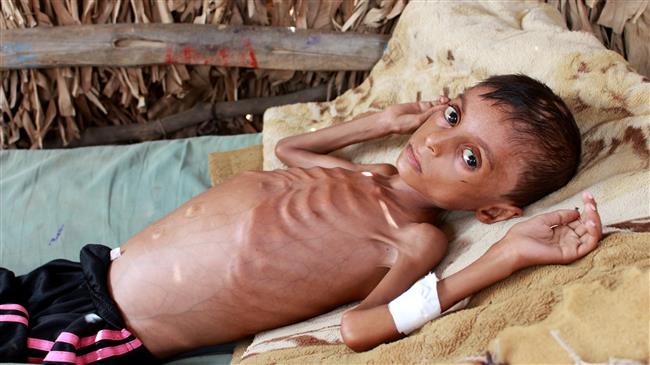




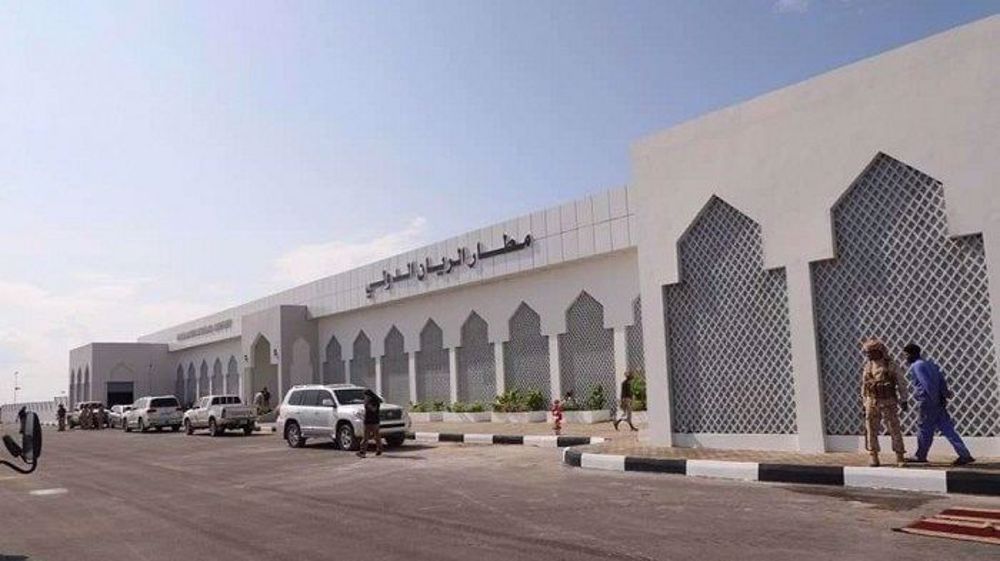
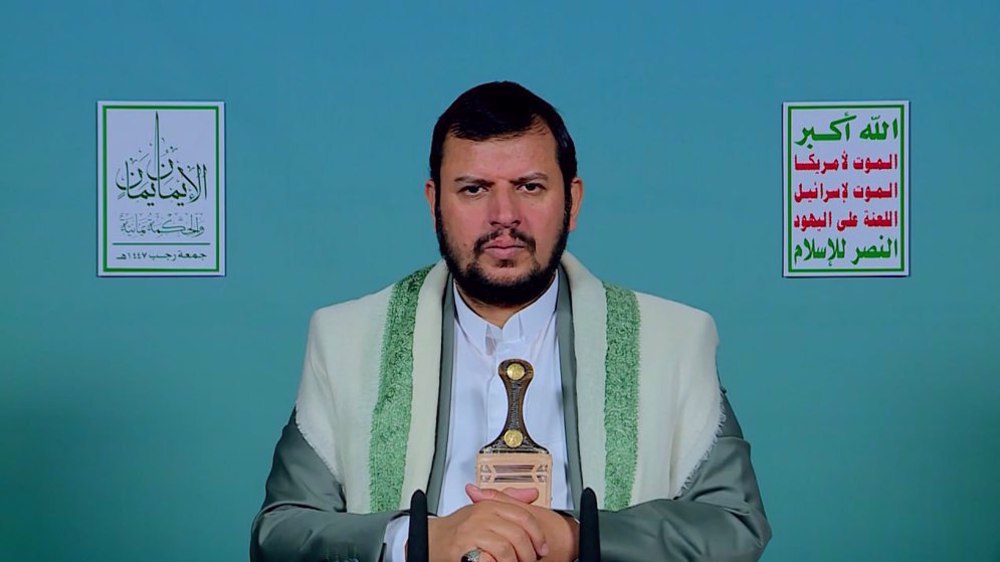
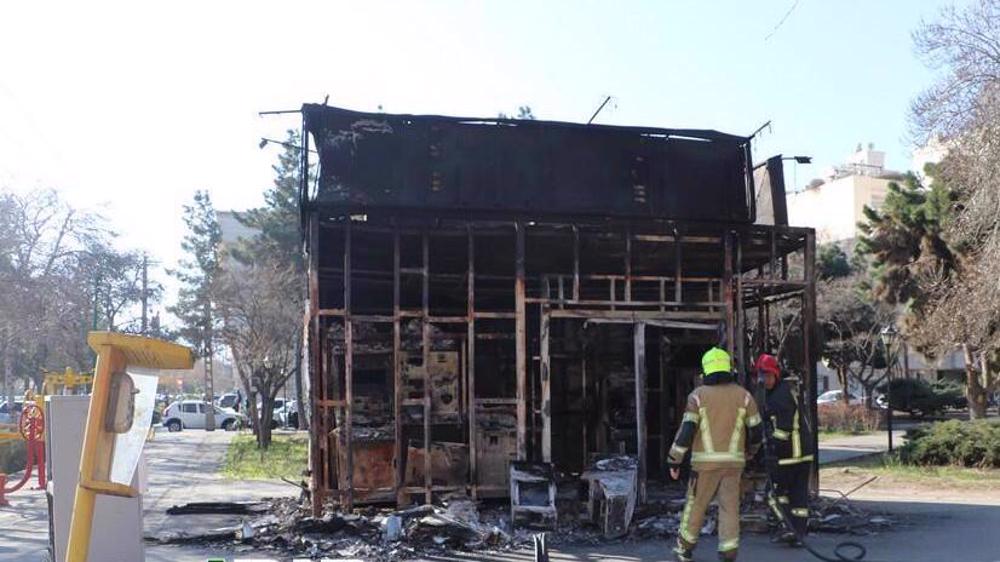



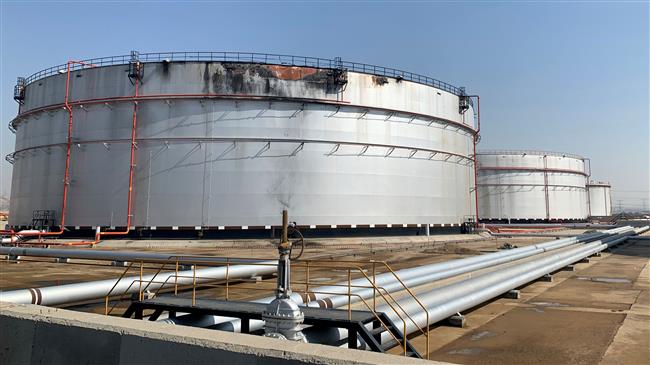
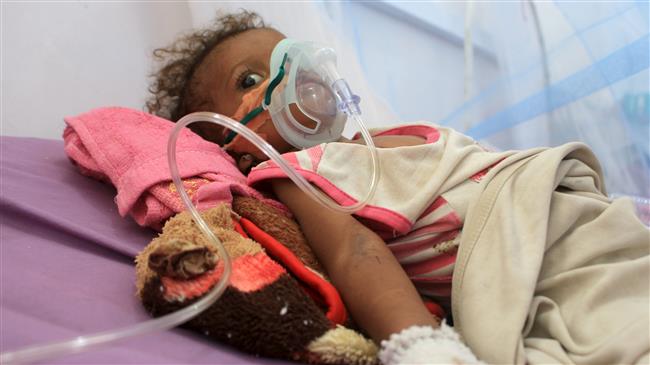
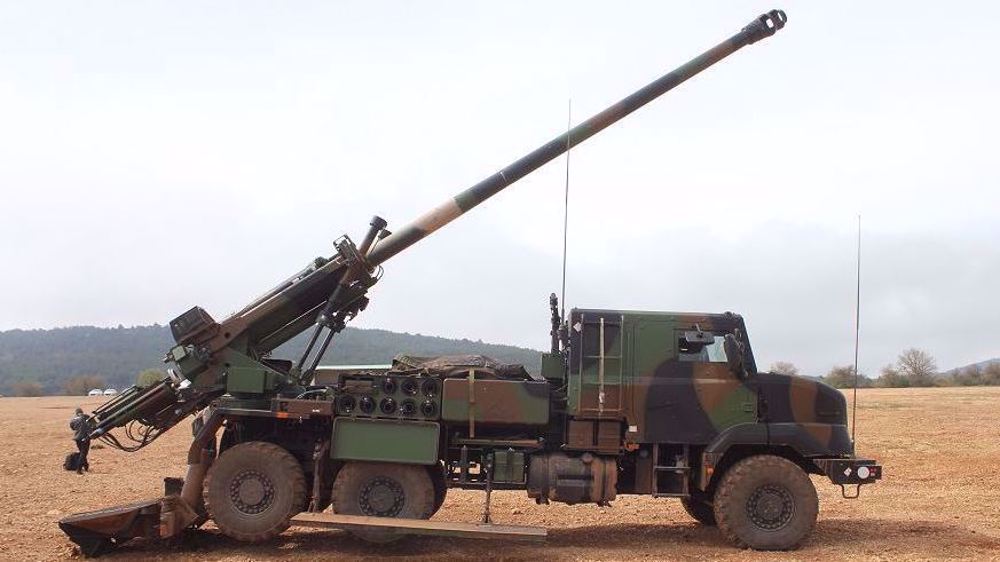
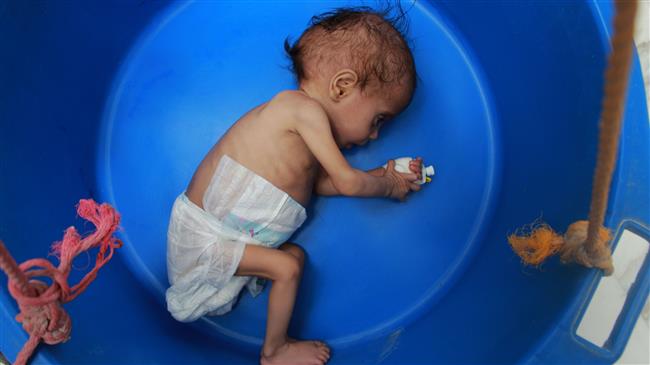
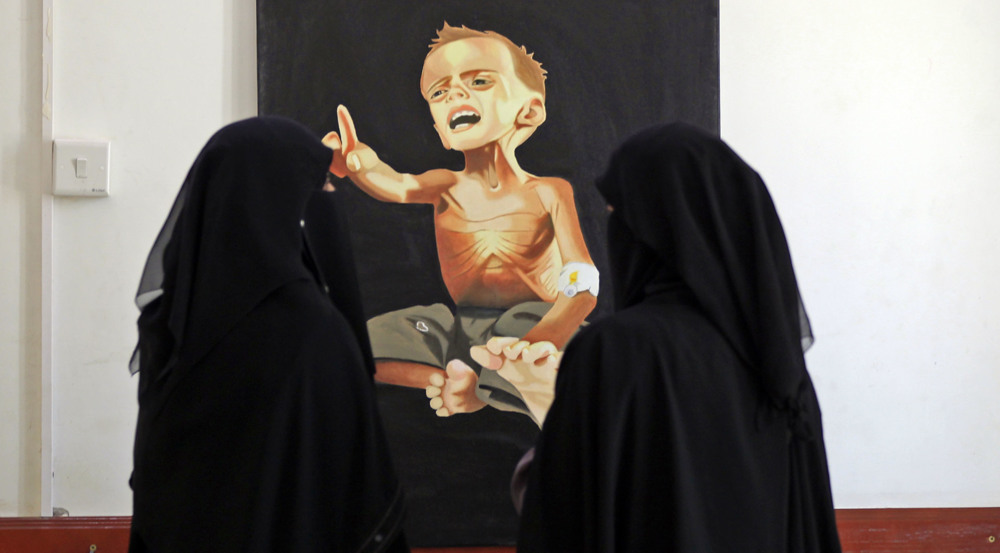
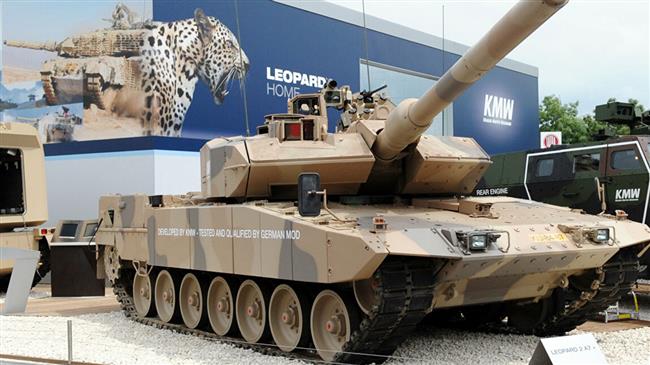
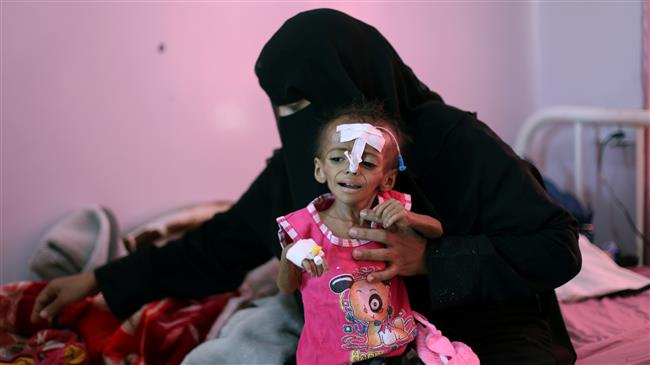
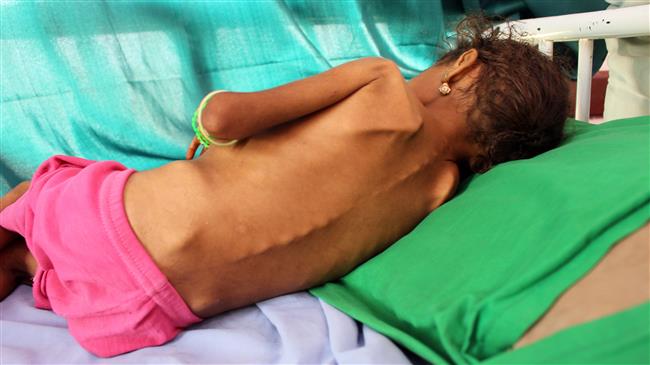
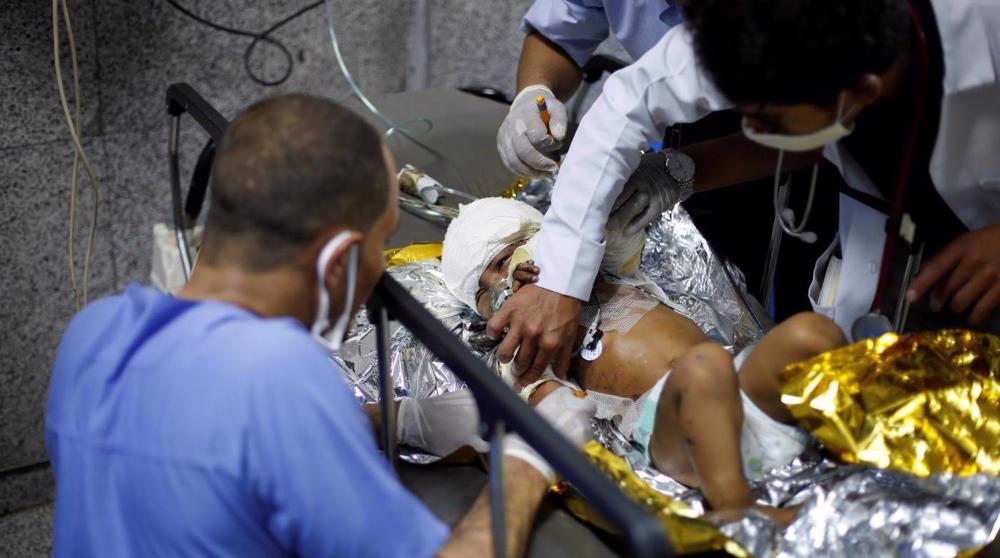

 This makes it easy to access the Press TV website
This makes it easy to access the Press TV website